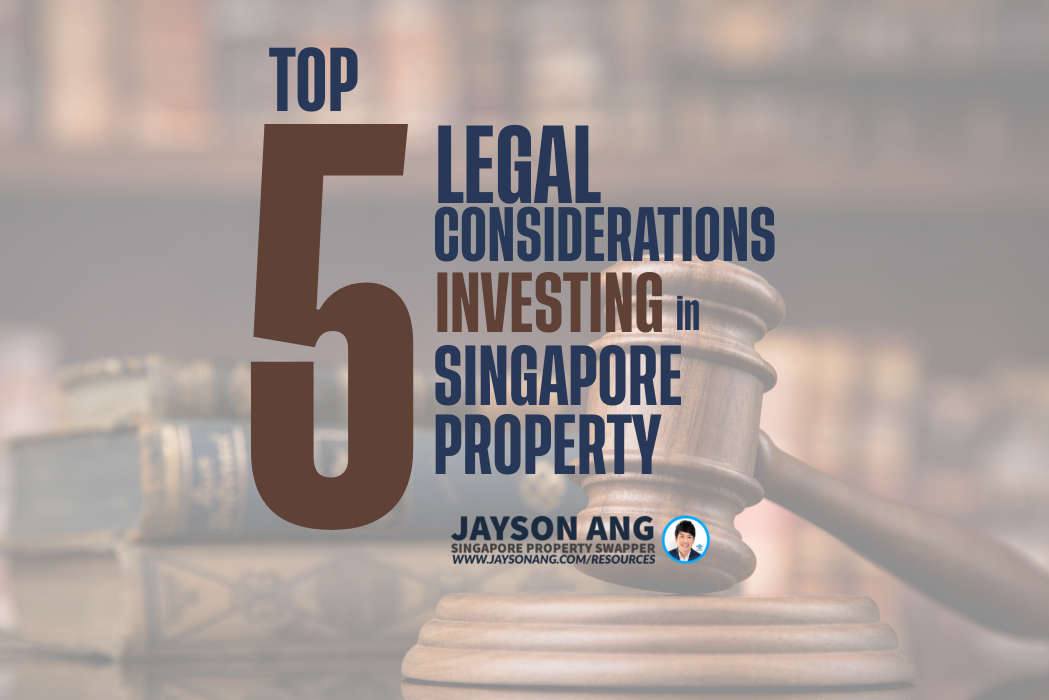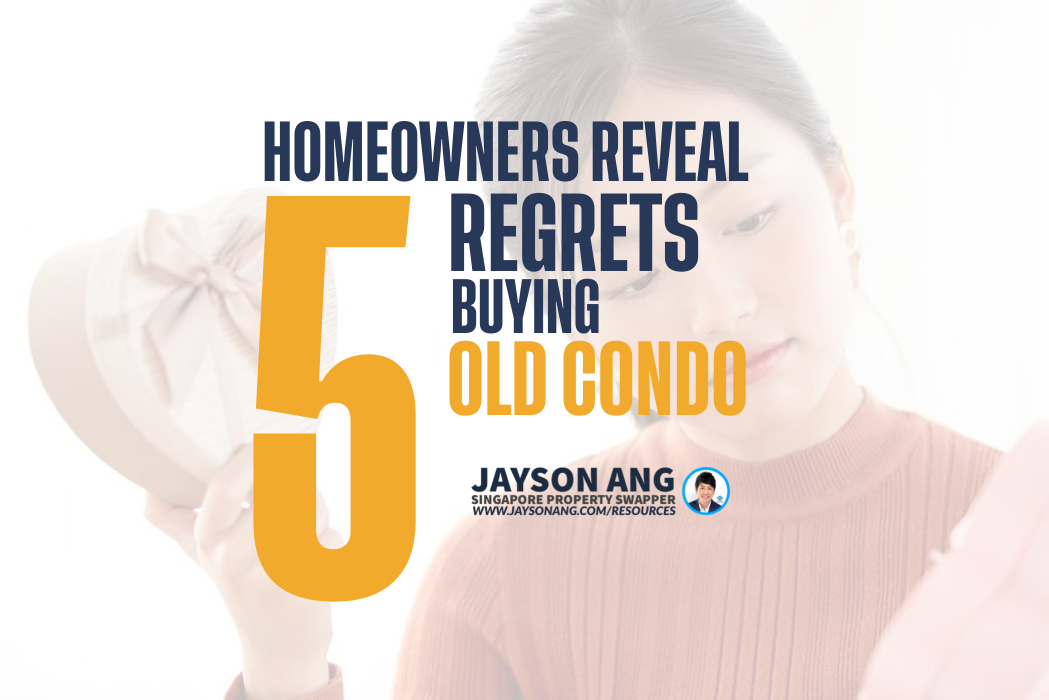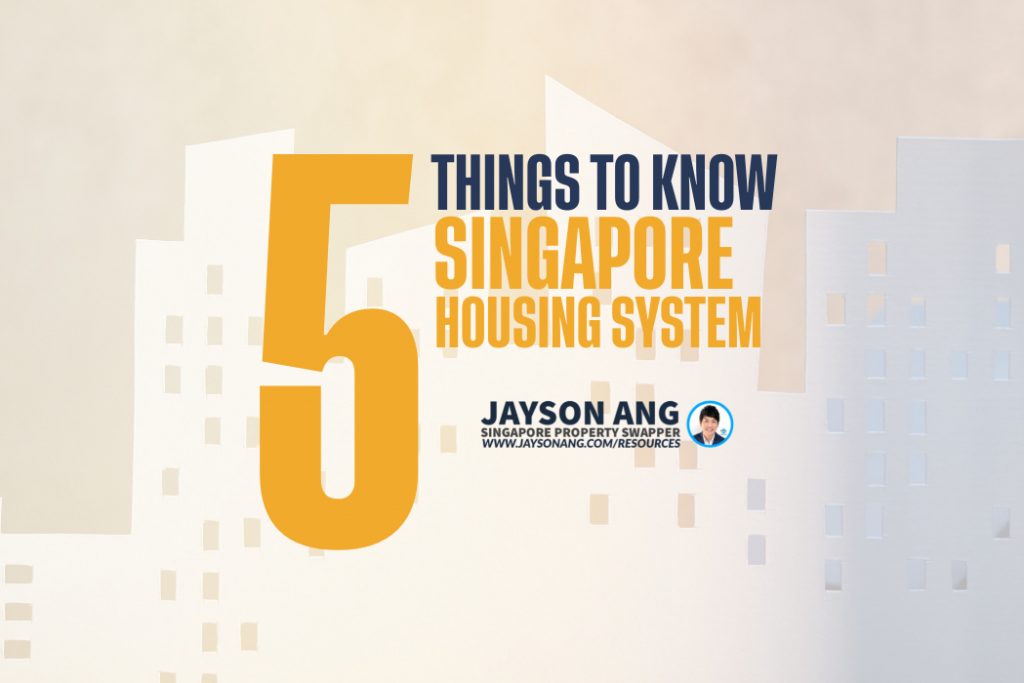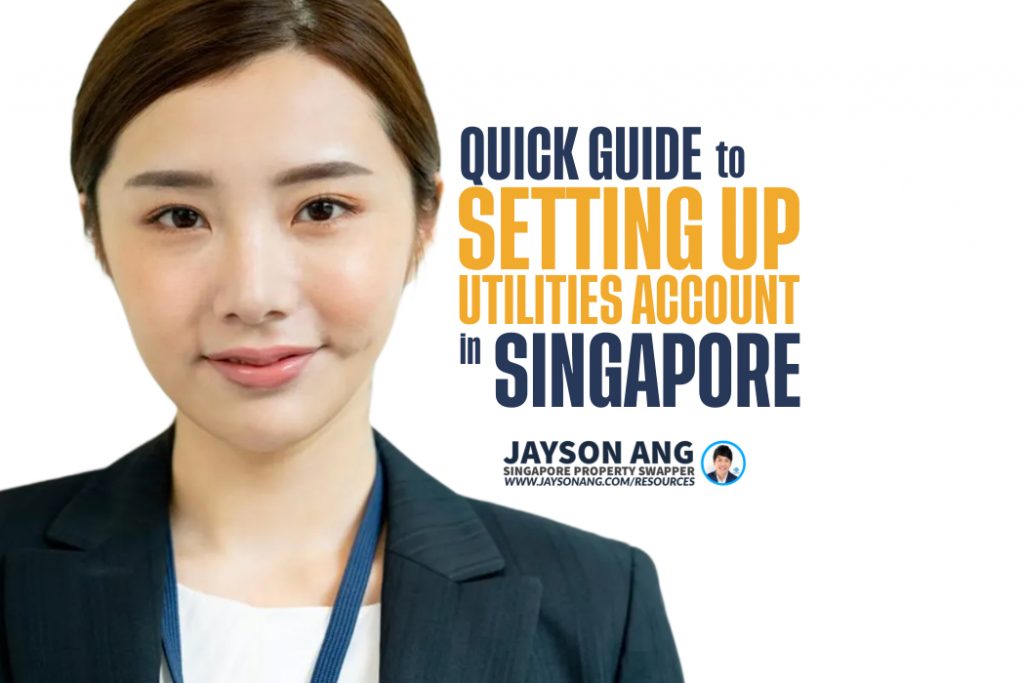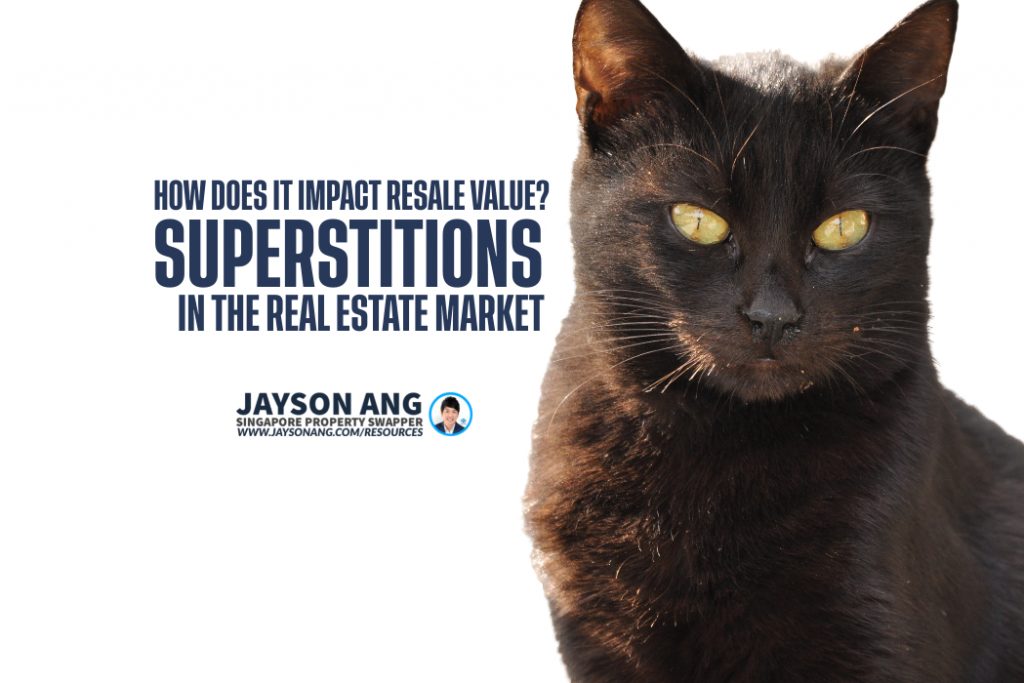Investing in property in Singapore is an attractive option for many, given the country’s stable economy and strong demand for real estate. However, before diving into the world of property investment, it is crucial to understand the legal considerations that come with it.
Tthe top five legal considerations when investing in a property in Singapore, providing potential investors with a comprehensive guide to navigate the complex landscape of property investment.
1. Eligibility to Purchase Property
The first legal consideration is determining your eligibility to purchase property in Singapore. To buy a Housing Development Board (HDB) flat, you must be a Singapore Citizen or a Permanent Resident (PR). Singapore Citizens and PRs are also allowed to purchase any type of private properties, including apartments and landed bungalows, as well as Executive Condominiums (ECs). However, there are certain restrictions regarding ownership of HDB flats that you should be aware of.
2. Foreign Ownership Restrictions
Foreigners face more restrictions when it comes to purchasing property in Singapore. They can only buy landed property with approval from the Land Dealings Approval Unit (LDAU). Landed properties in Sentosa Cove are an exception to this rule and are available for sale to foreigners. It is essential to understand these restrictions and obtain the necessary approvals before proceeding with a property purchase.
3. Financing and Taxes
Another critical legal consideration is financing your property investment. You need to be aware of the various loan options available and the requirements for obtaining a mortgage. Additionally, you should consider the tax implications of your investment, such as property taxes, stamp duties, and capital gains tax when selling the property.
4. Property Management and Maintenance
As a property investor, you are responsible for the upkeep and maintenance of your property. This includes ensuring that the property is in good condition, addressing any issues that may arise, and complying with relevant regulations. Failure to properly maintain your property can lead to legal disputes and financial losses.
5. Risks Associated with Property Investment
Investing in property comes with inherent risks, such as vulnerability to damage, fluctuating interest rates, and market downturns. It is crucial to be aware of these risks and take appropriate measures to mitigate them. This may include obtaining insurance coverage for your property, conducting thorough due diligence before purchasing a property, and seeking professional advice from experts in the field.
Investing in property in Singapore can be a rewarding venture if done correctly. By understanding the legal considerations involved and taking the necessary precautions, you can minimize potential risks and maximize your returns on investment. As a prospective property investor, it is essential to do your research, consult with professionals, and make informed decisions to ensure a successful and profitable investment journey.
Should You Buy, Sell or Wait?
If you’re reading this, you must be trying to figure out the best course of action right now: is it the right time to buy or sell?
It’s difficult to give an exact answer since everyone’s situation is unique and what works for one person may not necessarily work for you.
I can bring you a wealth of on-the-ground experience and a data-driven approach to provide clarity and direction. From beginners to experienced investors, our top-down, objective approach will help you on your real estate journey.
I can help you by:
- Offering Strategic Real Estate Advice – I can help create a comprehensive plan to guide you through your property journey.
- Connecting Your Home with the Perfect Buyers – Through stunning visuals, an effective communication strategy, and an in-depth knowledge of the market, we’ll ensure your home is presented in the best possible way to fulfill your goals.
You May Also Like …

